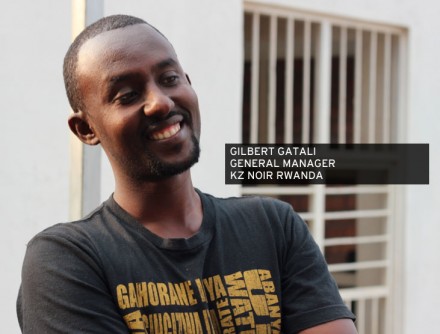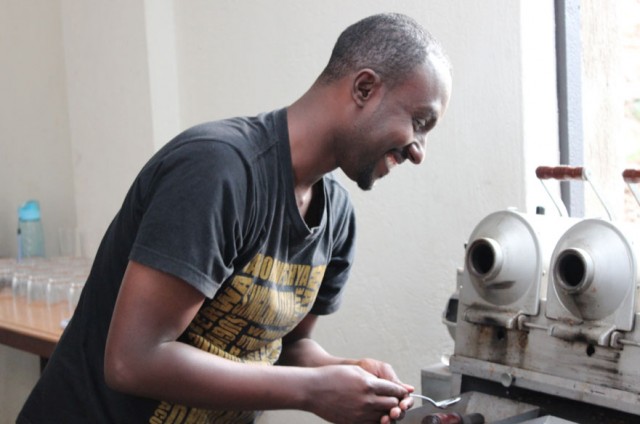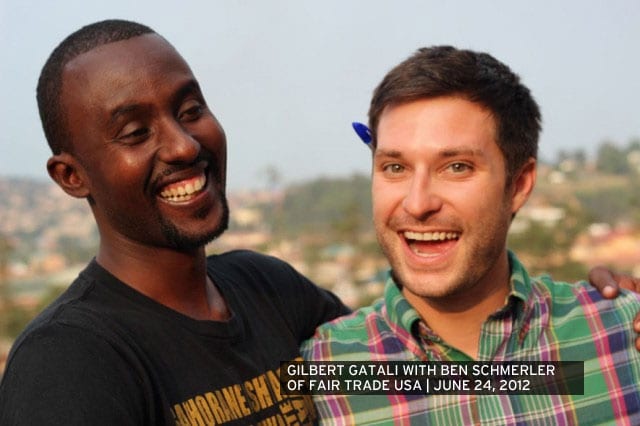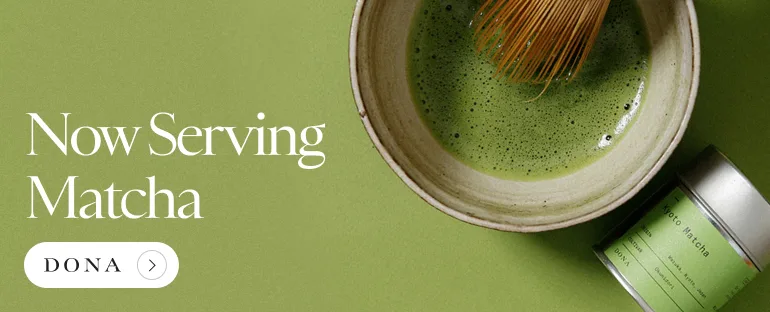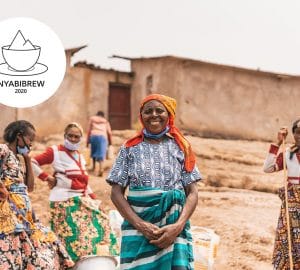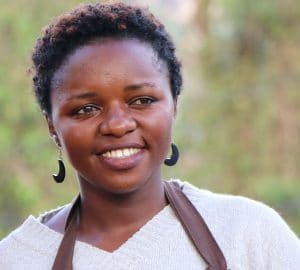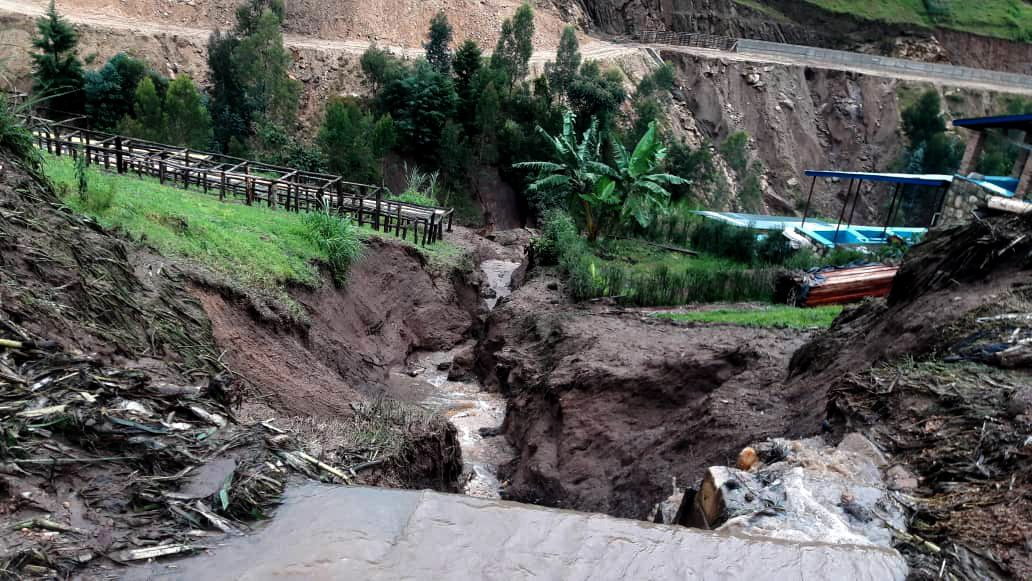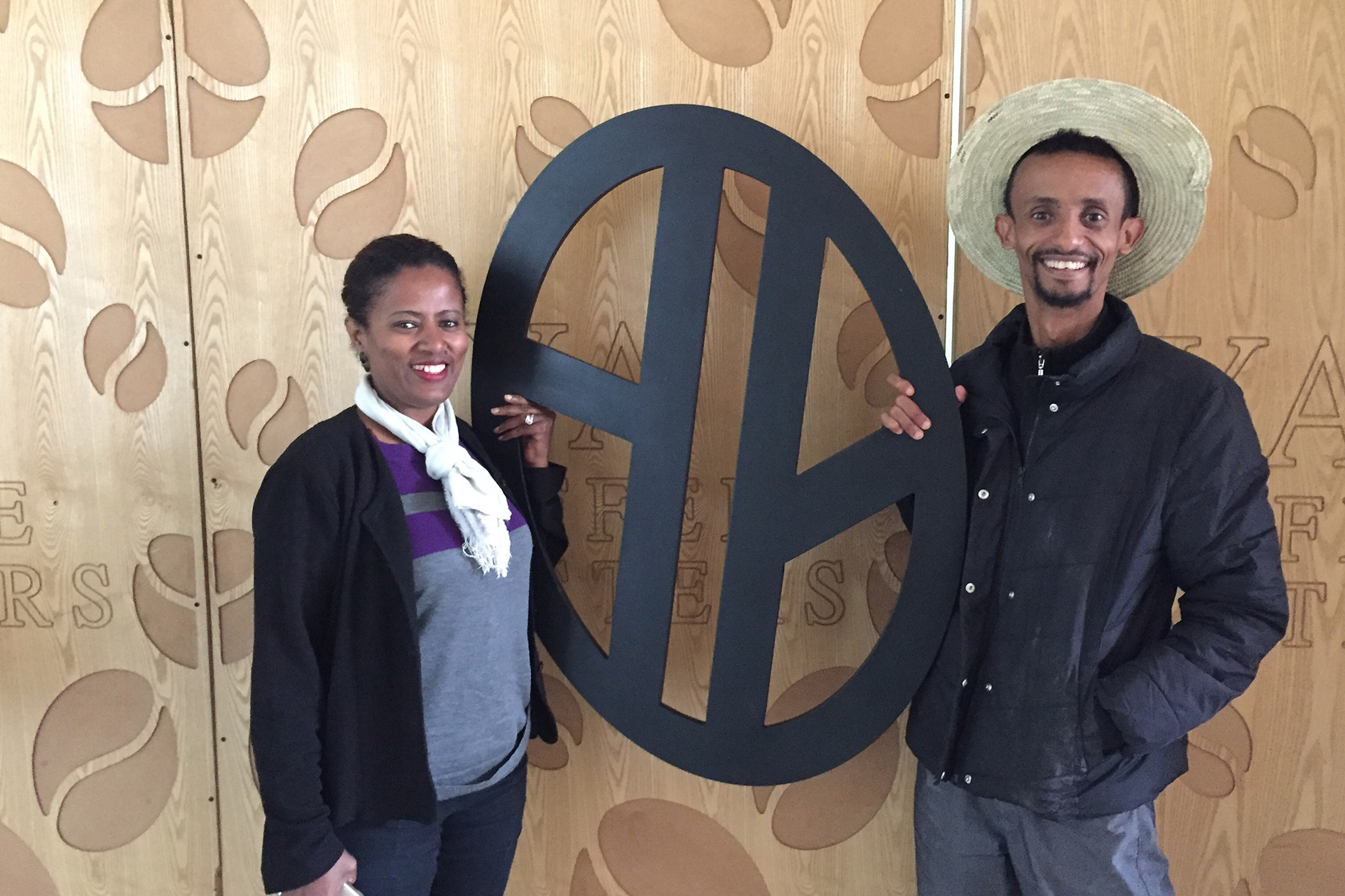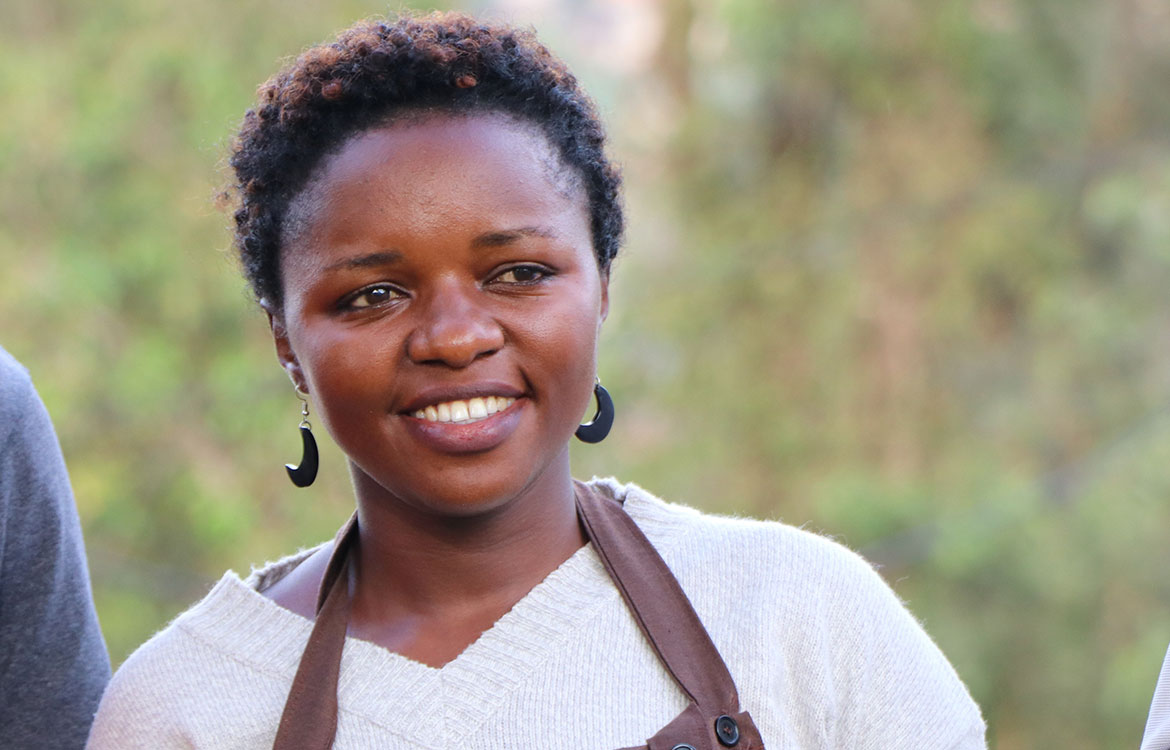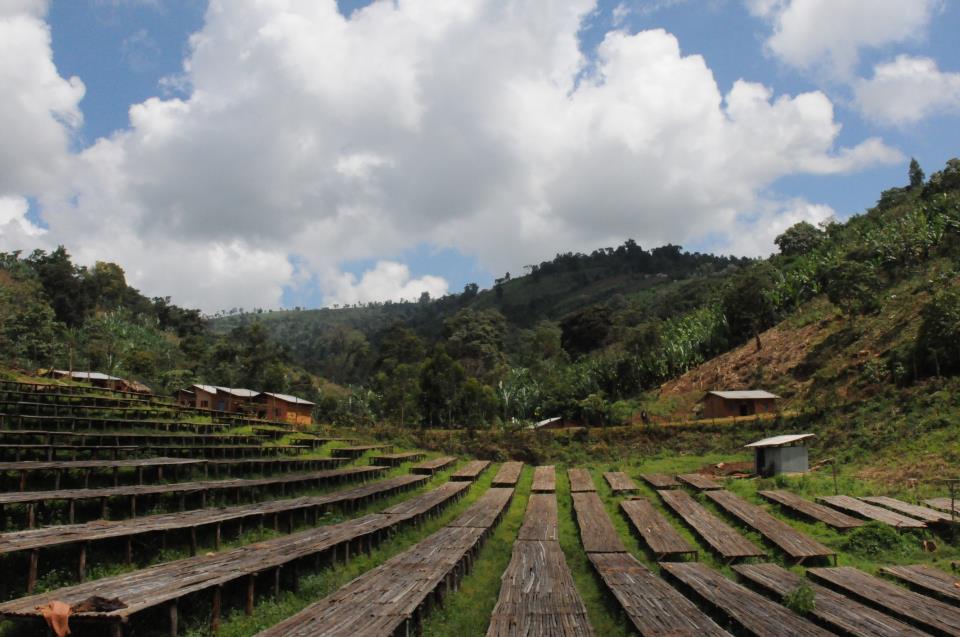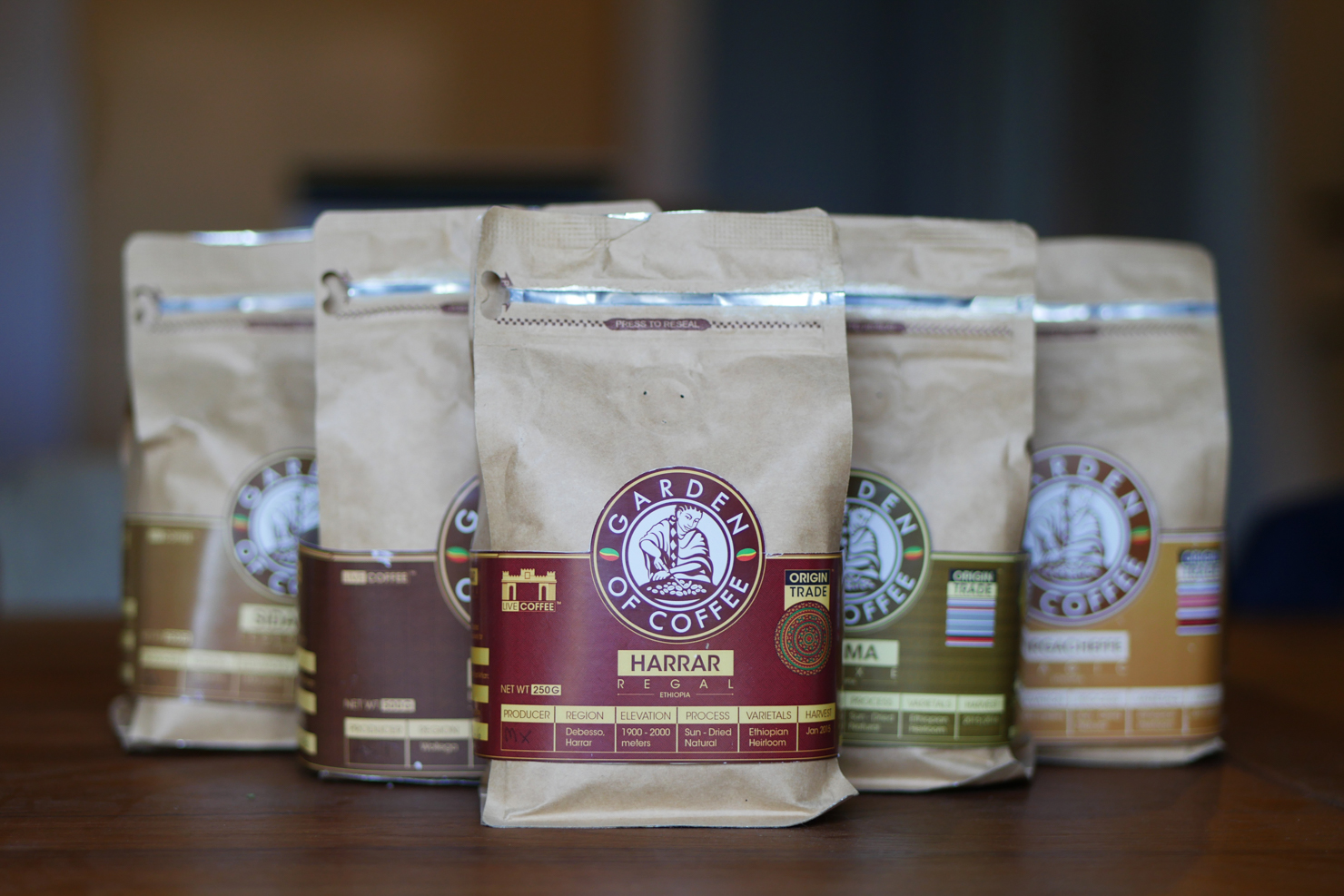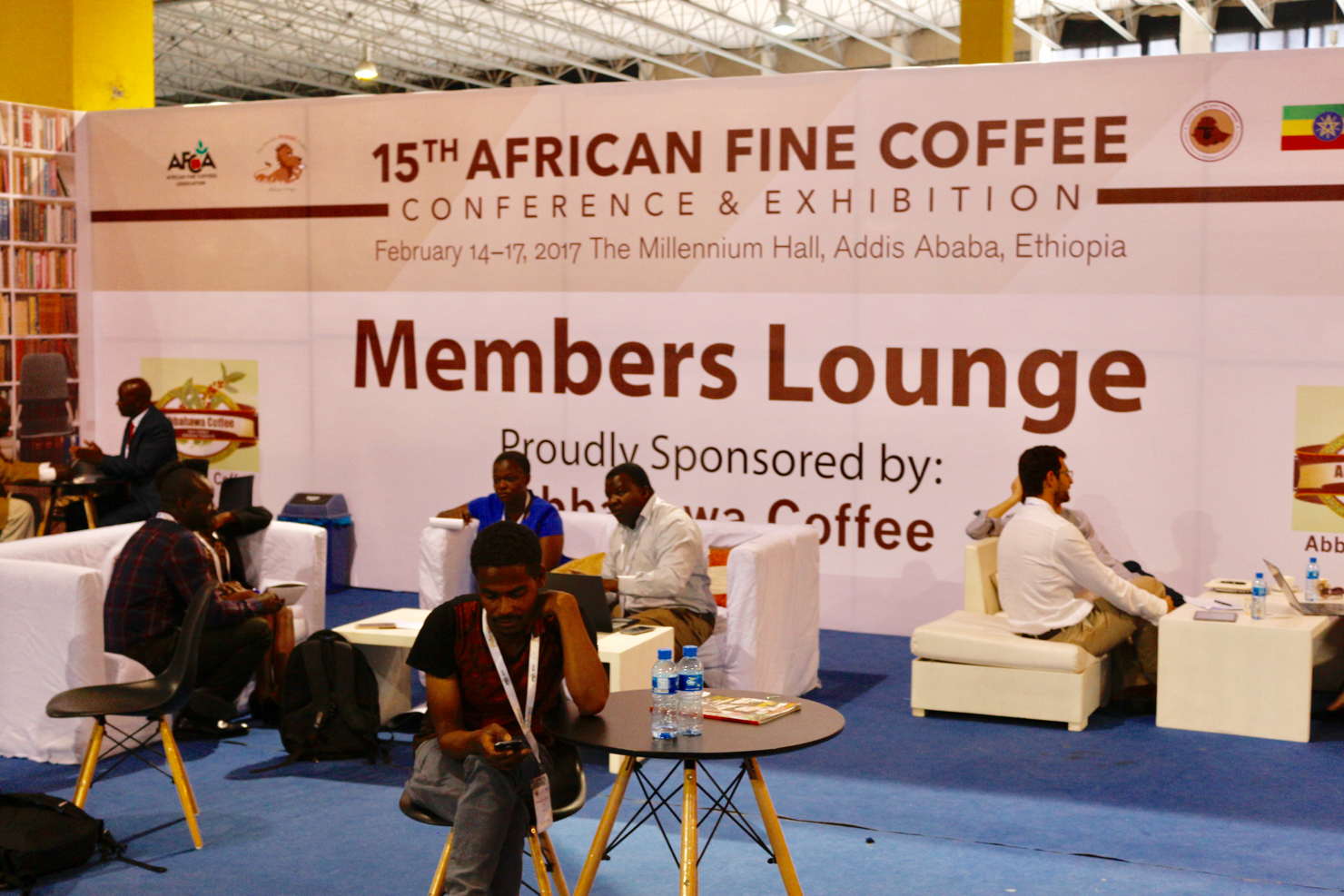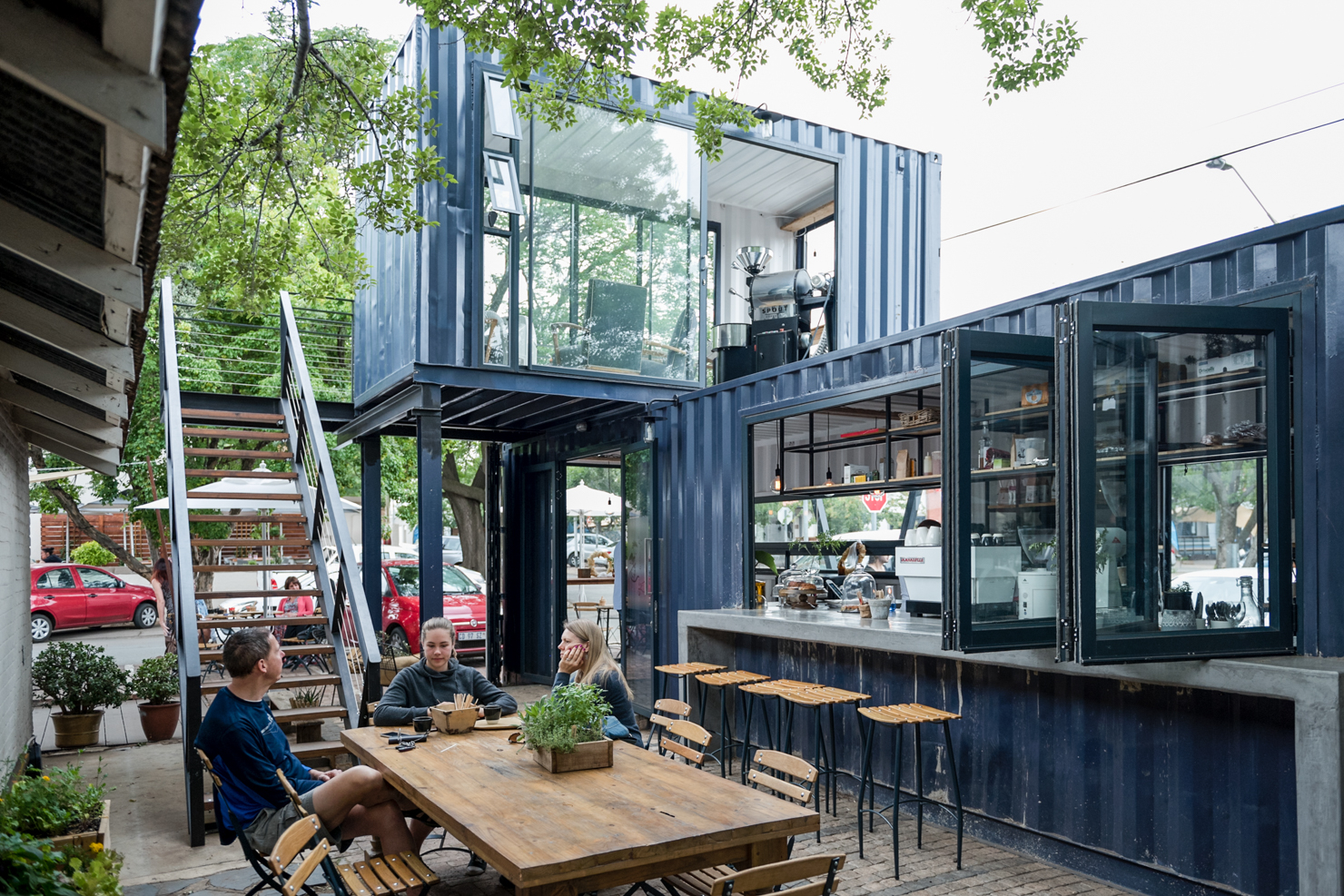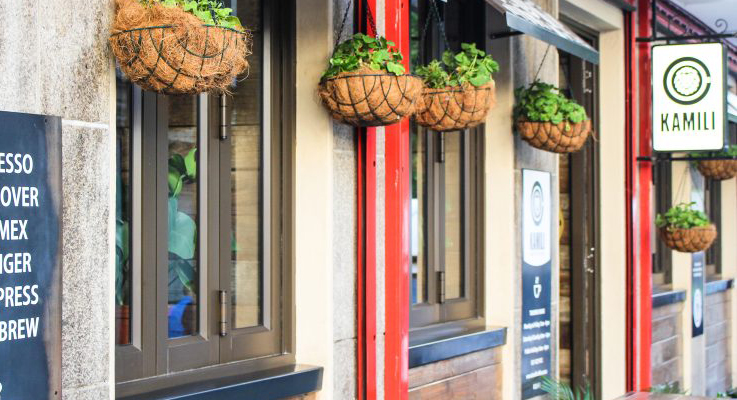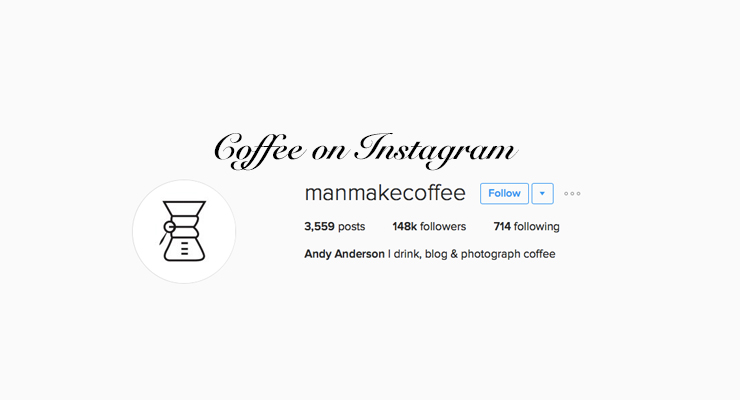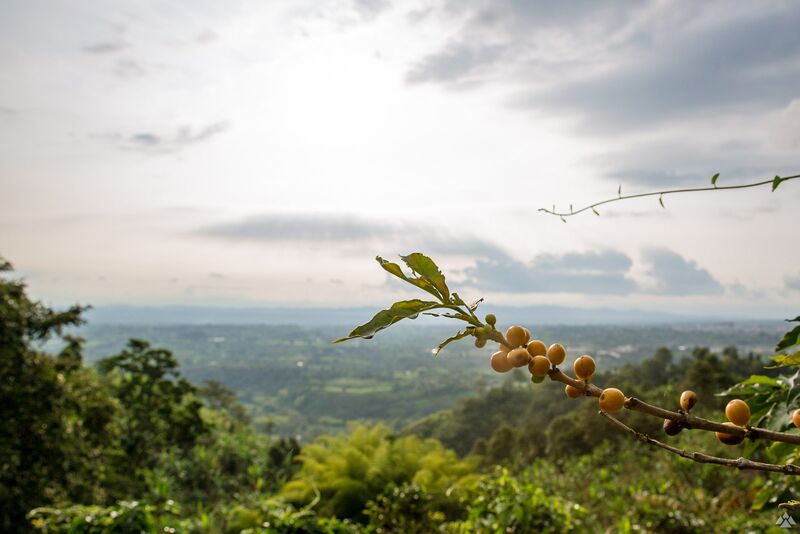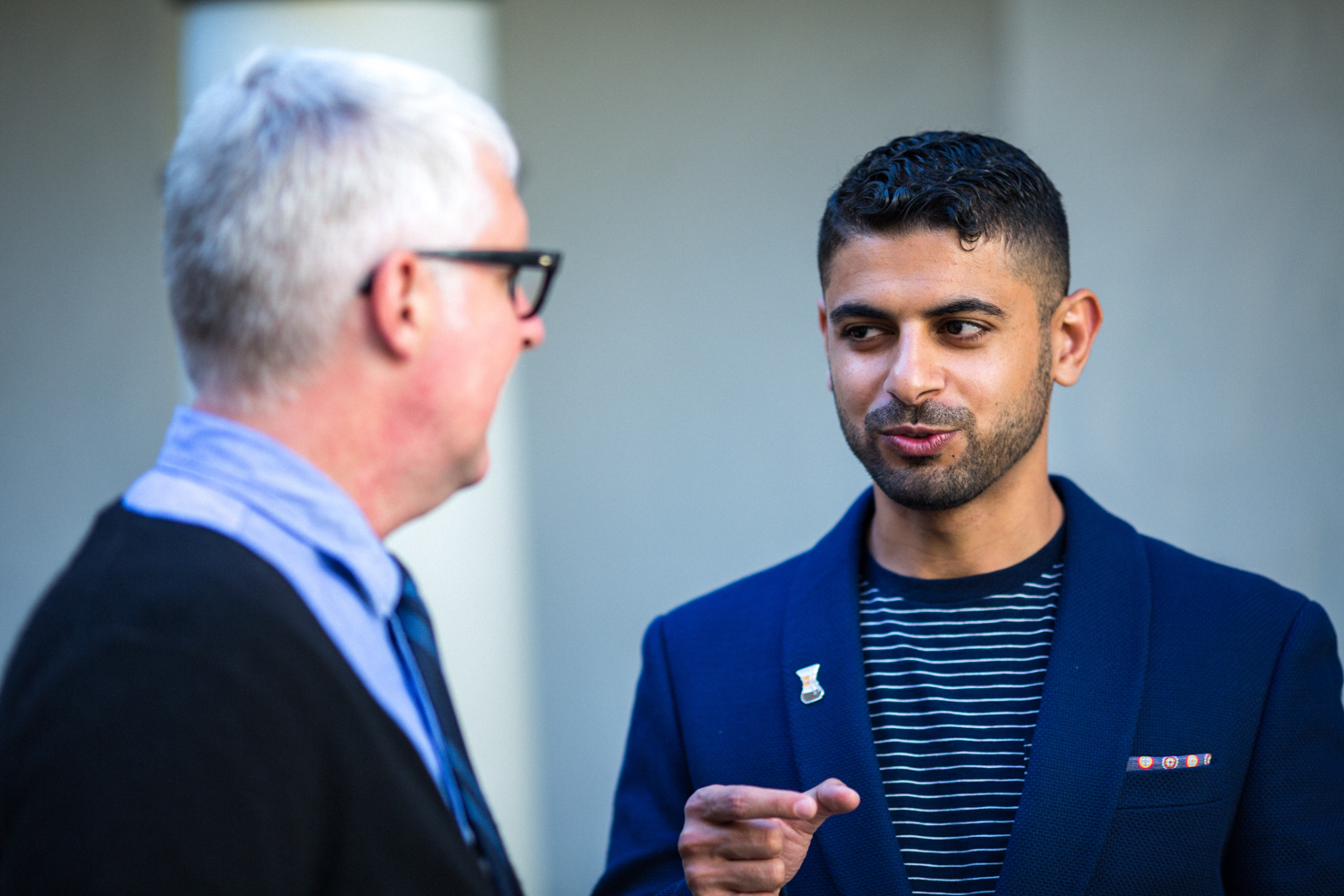Specialty coffee is a woven tapestry of individuals, from roasters to baristas, producers to farmers. All week long we’ll be profiling personalities who live and work in the Rwandan specialty coffee industry. Coverage made possible by Fair Trade USA.
Gilbert Gatali is one of the first people we meet here in Rwanda, and that’s no accident. Mr. Gitali has overseen operations in Rwanda for a company called KZ Noir since 2011, but his specialty coffee CV prior to that is quite extensive. Born a refugee in Kenya, Gilbert was raised and educated in Toronto, and returned to Africa in the mid-2000s to work in Tanzania for Sustainable Harvest. “I’ve always wanted to live in Rwanda”, Mr. Gatali told us, “and I knew that Canada was not home. I grew up with my parents telling me stories of Rwanda, and it has always been home to me in my mind.” Gilbert later fell in love with and married a woman from Rwanda; following a stint working for Sustainable Harvest in Tanzania, in the late 2000s he returned to Rwanda and served as the head of RWASHOSSCO, the Rwandan Smallholder Specialty Coffee Company. In 2011 he became the Managing Director in Rwanda for KZ Noir LTD.
KZ Noir is a Nigerian equity firm that buys distressed companies, institutes new practices, and turns them around in order to facilitated profit and market growth. Around a year and half ago, they bought 3 private companies in Rwanda that own and run washing stations – those companies are SOCOR, Caferwa, and Karengera, small companies that are now owned by KZ Noir, with their original ownership maintaining minority share. In total, KZ Noir owns and runs 8 unique washing stations, all of which are located in the western part of Rwanda. These stations are called Karengera, Kinunu, Rugamba, Nkora, Bulize, Cyebumba, Shangi, and Cyiya; between them, they purchase and process coffee from between 12,000 and 15,000 individual farmers.
Upon acquiring these washing stations, KZ Noir hired staff to institute a number of new quality protocols, including day lot separation, distinct washing station separation, and quality control via cupping expertise. 2011 was the first year KZ Noir offered coffees separated by individual washing station to the Western specialty coffee market: coffees from the Kinunu station were purchased by Melbourne Coffee Merchants, then roasted and made available to the public by St. Ali, Caravan, and Market Lane, a trio of boutique roasters in Australia; coffee from the Shangi washing station was purchased by Four Barrel Coffee in San Francisco, and marketed as “Nyamasheke Shangi”; and coffee from the Karenge washing station was purchased and roasted by Wrecking Ball Coffee Roasters. (Editors note: This is an incomplete list.)
Gilbert is a walking encyclopedia on Rwandan coffee, has a sharp sense of humor, and clearly loves the place where he lives and works. The respect given to him by the buyers and experts we’re traveling with is palpable; when Mr. Gatali speaks, people listen. He tells us that while the 2012 harvest in Rwanda has been good overall for his washing stations, the astonishing volume they’ve produced have created supply chain problems, complicated by a particularly rainy harvest season that made the Rwandan drying cycle difficult to pace properly. Some of the coffee can’t be dried fast enough, and there’s not enough spare space in the fermentation tanks. Still, look for an uptick in coffees from KZ Noir-owned washing stations to hit the specialty market in 2012, particularly from quality driven roasters like the aforementioned Australian companies and Four Barrel, along with Sweet Marias and Allegro, whose buying history with some of these washing stations pre-date the KZ Noir buyout.
Further Reading:











